On the surface, Bong Joon-ho’s Mickey 17 delivers an imaginative exploration of identity and humanity, blending social commentary on class conflicts with a sharp wit and a hopeful message. Yet, despite these strengths, and a leading man of Robert Pattinson’s calibre, why did the film shape up to be a box office disappointment?
From production disruptions to a shifting cinematic landscape, we break down the four reasons why Mickey 17 failed to achieve the success that its inherent quality deserved.
Pre-Release Maladies
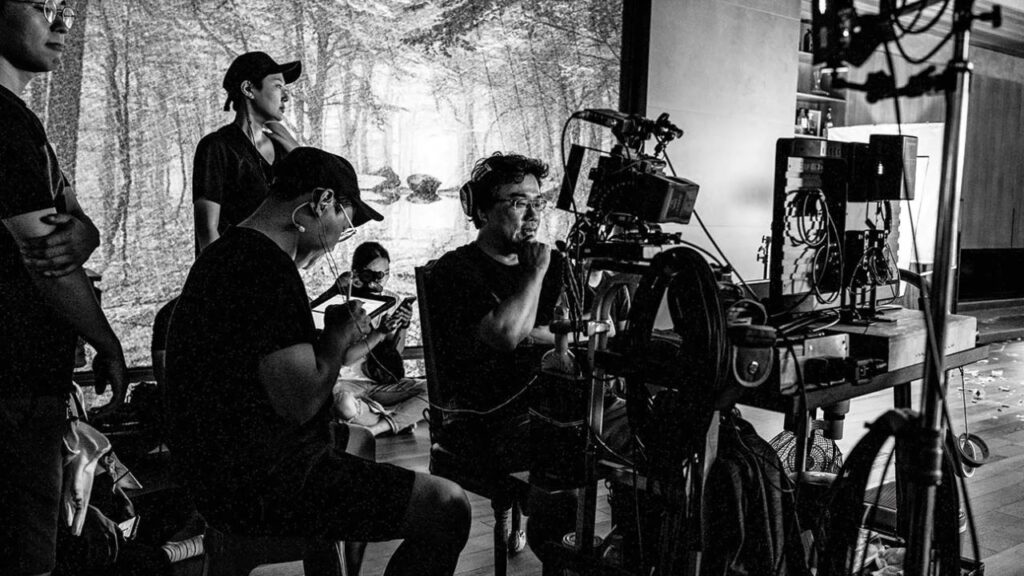
Following the success of Parasite, Variety reported in January 2022 that Bong Joon-ho was set to direct an adaptation of Edward Ashton’s recently released novel, Mickey7. From the outset, however, the film faced a series of production setbacks that blunted its momentum.
The first major delay was unavoidable — the 2022 SAG-AFTRA strike pushed the film’s release by a full 10 months (from March 2024 to January 2025). While numerous productions had been affected, such an extended delay would inevitably dampen audience anticipation.
Another hurdle arose from a dispute between Bong Joon-ho and Warner Bros. over the final cut rights of the film. Determined to retain full creative control, Bong resisted any studio-enforced changes to the final film. This standoff led to another postponement from January 2025 to March 2025. While Bong’s artistic integrity was preserved, the additional delay caused a further loss to the film’s momentum.
In an entertainment landscape that moves at breakneck speed, prolonged delays can erode excitement. By the time Mickey 17 finally hit theatres in March 2025, the cinematic landscape had shifted. Dune: Part Two had dominated the pop culture conversation in early 2024. A year later, the box office juggernaut, Ne Zha 2, commanded audience attention.
Science Fiction Struggles
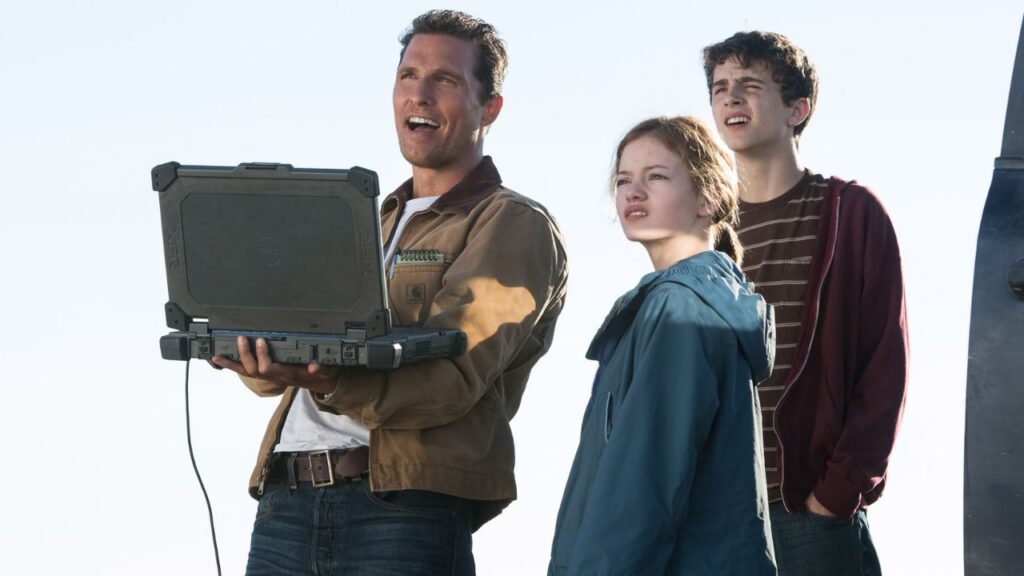
Sci-fi as a genre — particularly those that are more intellectually stimulating (we’re looking at you, Interstellar) — doesn’t always command mainstream success.
One major hurdle is the genre’s reliance on elaborate special effects, which significantly inflates production budgets. Higher costs mean higher break-even points, making profitability more difficult. As of 2024, four of the twelve most expensive movies fell under the sci-fi genre.
Another challenge is its niche appeal. While cinephiles appreciate thought-provoking stories, cerebral sci-fi often struggles to attract mass-market audiences. Recent films such as Blade Runner 2049 and The Creator both received critical acclaim yet underperformed at the box office.
That said, there is one director who consistently defies this trend: Christopher Nolan. His films, such as Inception and Interstellar, are both critically and commercially successful. This anomaly could largely be attributed to Nolan’s very distinct brand of filmmaking — his emphasis on practical effects and emotionally resonant storytelling, has built him a reputation that fosters audience trust. As a result, viewers are more willing to engage in his unique mix of spectacle and depth.
The Ides of March
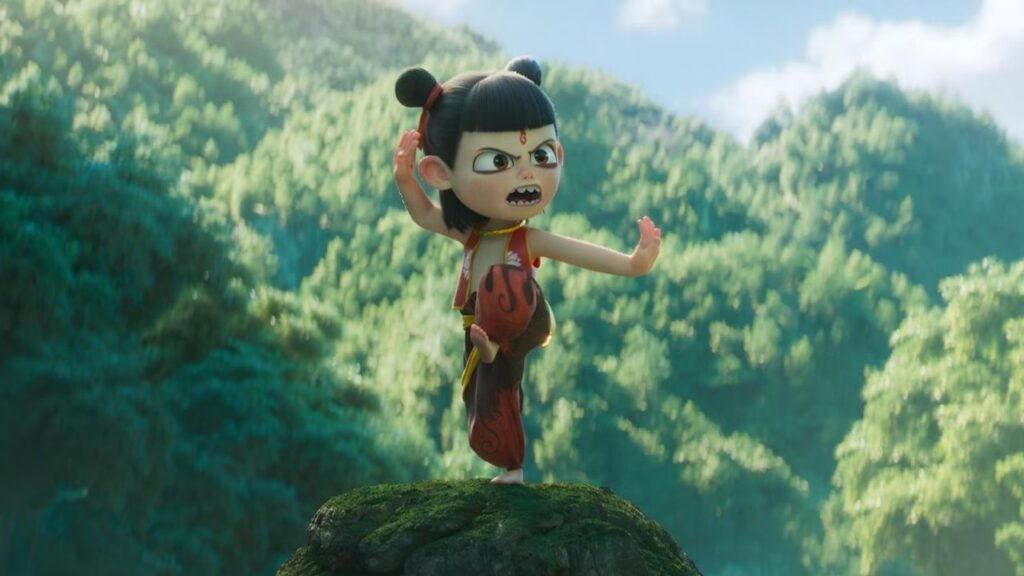
When it comes to enjoying success at the box office, there’s another crucial factor at play: a film’s release window.
Unfortunately, March has historically been a risky month for major film releases. While it has produced breakout successes (The Hunger Games in 2012 launched the YA adaptation boom), it has also been a dumping ground for films that struggle to find an audience, such as A Wrinkle In Time which faded into financial obscurity. Mickey 17 landed in this unpredictable period and struggled to establish its foothold.
Despite a lack of direct, high-level competition (the live-action Snow White was mired in controversy, while Novocaine was a low-budget genre flick), Mickey 17 still struggled to carve out a niche for itself. Meanwhile, Ne Zha 2, a Chinese animated movie, was proving to be an unstoppable force, further limiting Mickey 17’s reach.
With the benefit of hindsight, a summer or winter release could have primed Mickey 17 for better success, which would have allowed it to build some buzz around the film and gain more widespread attention. Instead, its March 2025 release date left it in an awkward, suboptimal window where shifting audience preferences and an evolving box office landscape compounded its struggles.
Shifting Viewing Habits

With the rise of streaming services and a shift in audience viewing preference, box office success is now an increasingly uphill battle, especially for original sci-fi films like Mickey 17.
In the past decade, various streaming platforms like Netflix, Disney+, and Apple TV have altered how audiences consume content. Viewers have now come to expect multiple high-quality films from the comfort of their homes. This shift was further accelerated by the pandemic, which conditioned audiences to be more selective about what was worth a trip to the cinema. As such, films that aren’t familiar franchises or provide Barbenheimer-level hype often struggle to draw crowds away from their homes.
This shift is even more pronounced in cerebral sci-fi. While Denis Villeneuve’s Dune films have thrived at the box office, it did so with an existing fanbase from Frank Herbert’s classic novel, and years of anticipation. Mickey 17, meanwhile, was an adaptation of Mickey7, a relatively recent novel with little mainstream recognition. Without an existing franchise or brand identity, Mickey 17 had to rely on marketing and word of mouth, which have both been affected by the factors mentioned above.
The results? Mickey 17 found itself in a tricky situation between these shifting market forces — too expensive to thrive as a niche indie hit on streaming services, yet lacking the mainstream appeal of a blockbuster franchise. As such, the film struggled to make a significant impact in theatres.
What Does the Future Hold for Sci-Fi Films?
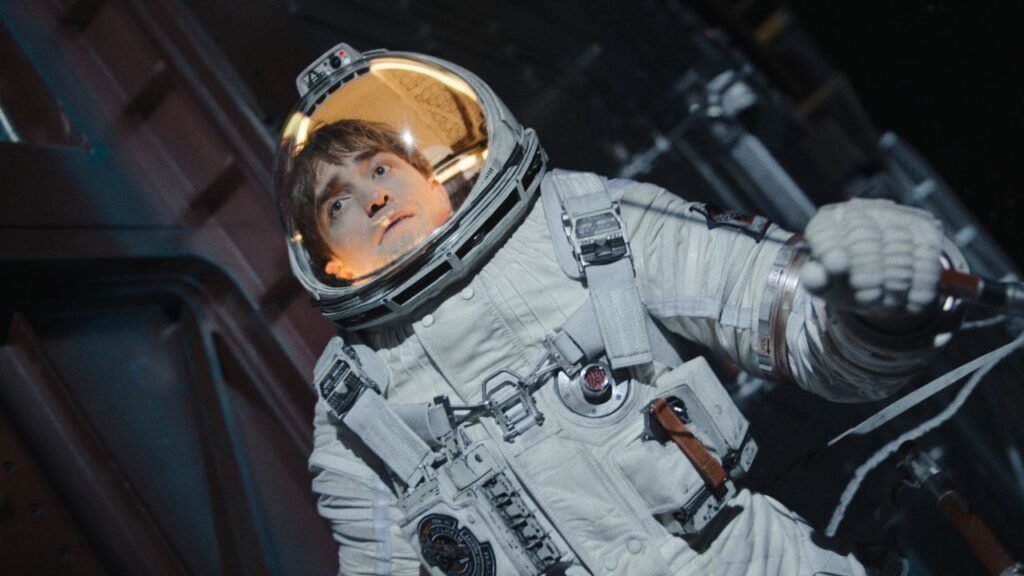
Mickey 17 had all the makings of a great film — an acclaimed director, a talented lead actor, and a thought-provoking premise. Still, despite its strengths, it struggled to gain a foothold at the box office.
Hampered by production delays, an ill-timed release window and the evolving dynamics of modern cinema, Mickey 17 struggled to carve out an audience to underscore the growing difficulty of launching original sci-fi films in an era of streaming platforms. Without an existing fanbase, even a visionary director like Bong Joon-ho faces an uphill battle in attracting audiences.
Ultimately, Mickey 17’s underperformance is not a reflection of its quality but rather an indication of Hollywood’s evolving priorities. As studios shift their focus on franchise-driven films, and audiences grow more selective about their cinematic experiences, original sci-fi films may continue to struggle to justify their continued existence at the box office.
The question is no longer whether ambitious, thought-provoking sci-fi should be made, but whether it can still thrive in cinemas, or if its future lies in streaming platforms.

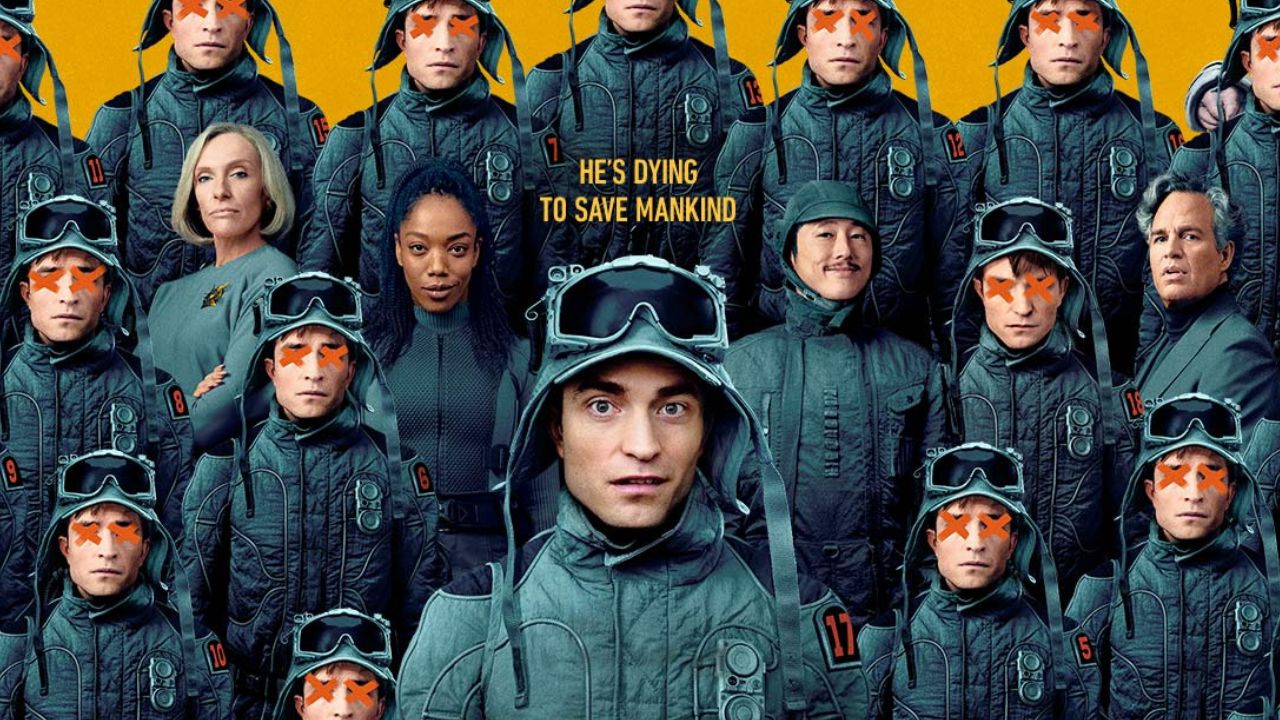
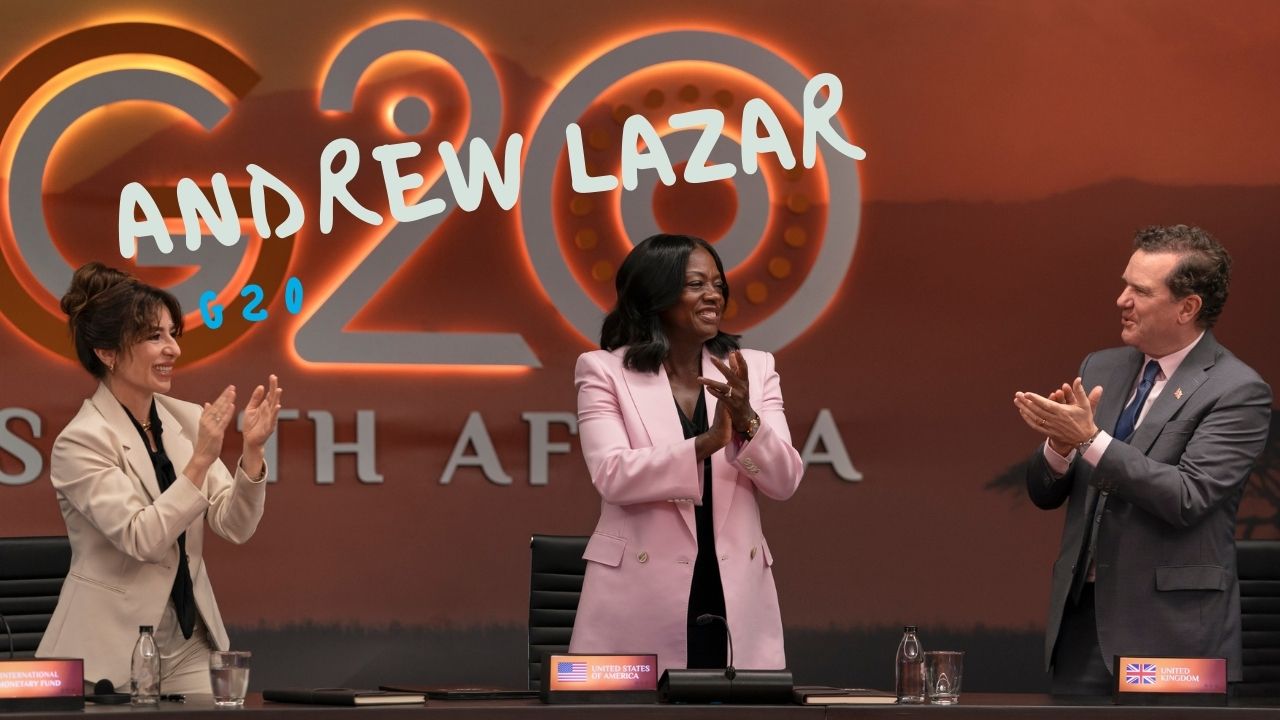
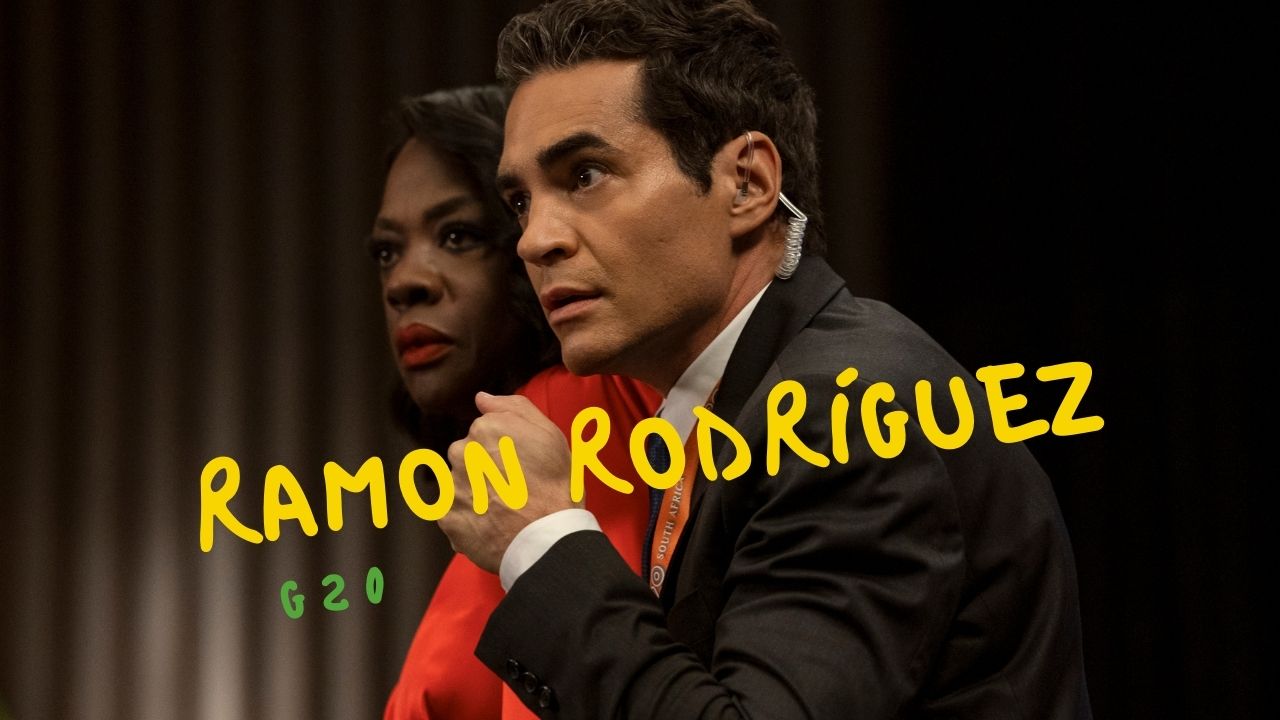
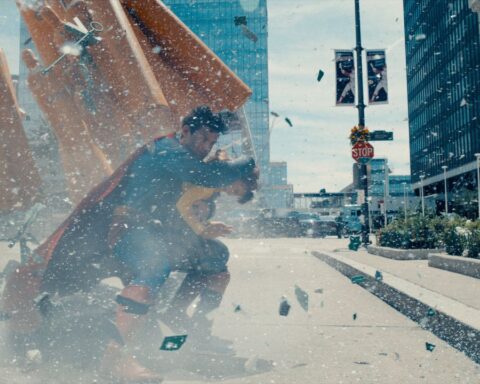
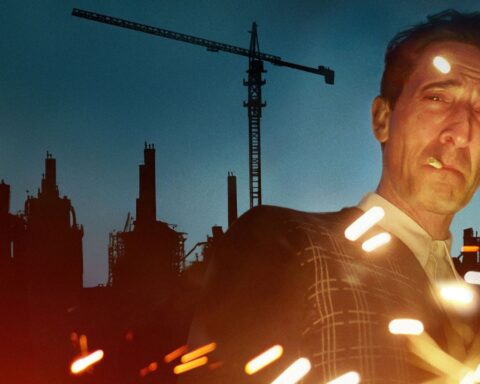


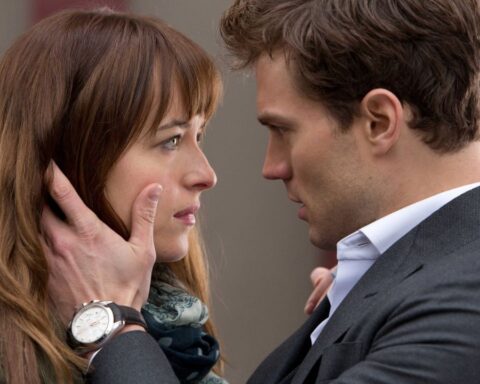
Follow Us